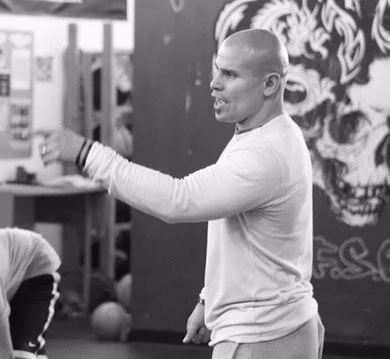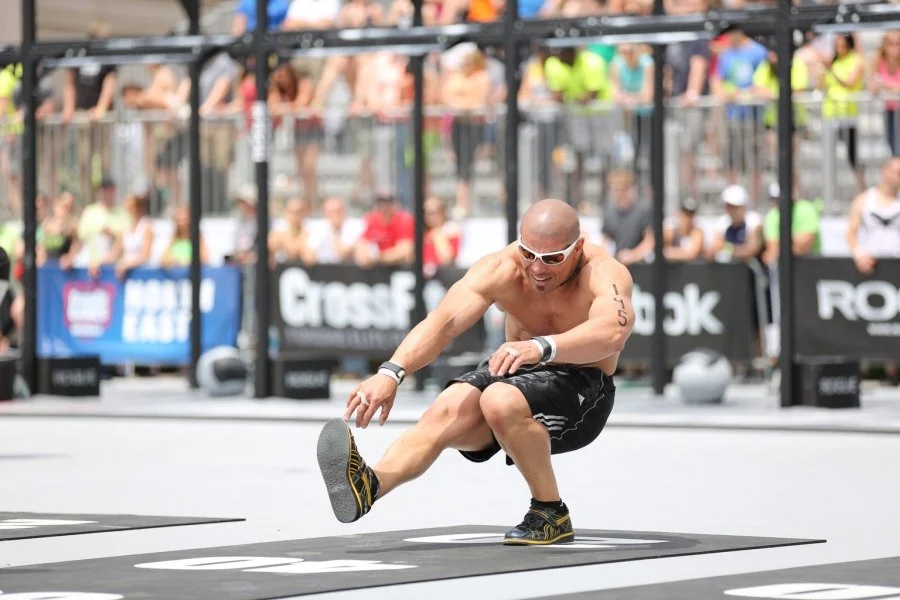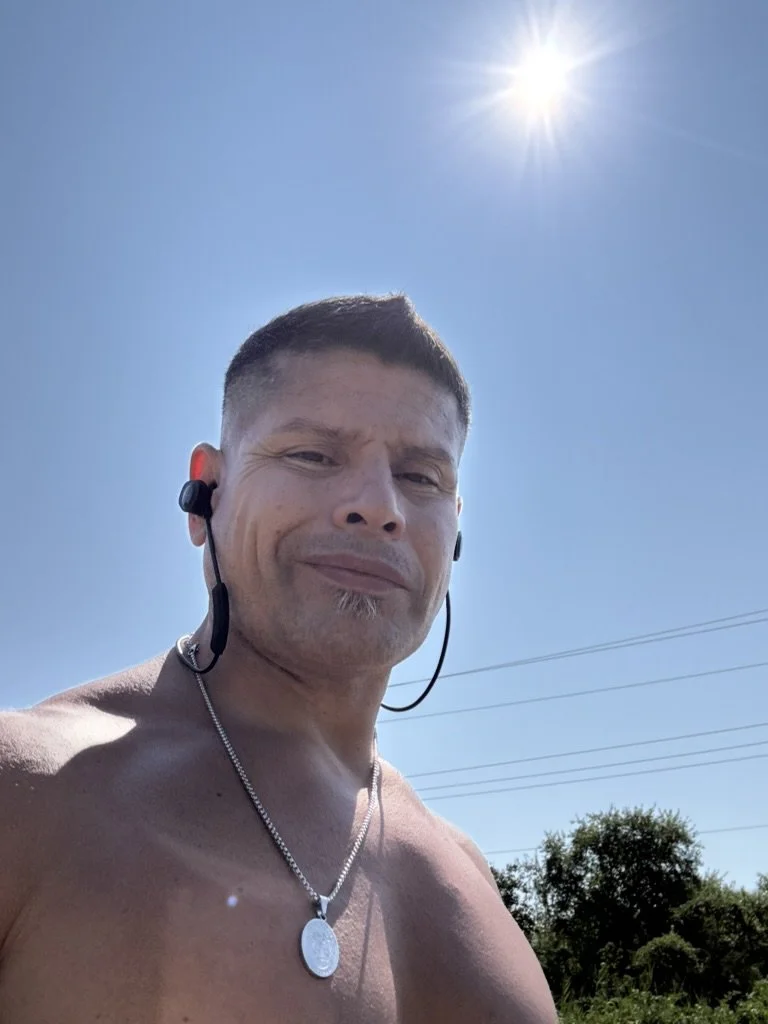Facing the Mirror: Letting Go of My Past Self and Embracing the Future
Some days, I look in the mirror and I barely recognize the person staring back at me. Not because I’ve stopped caring about my health or strength, but because I remember who I used to be. Seven years ago, five years ago—I was lean, strong, competitive, and relentless. My body was a machine. My mind was sharp. Everything I did, I did with purpose and intensity.
Now, approaching my 48th birthday, I find myself grappling with a truth that’s both simple and cruel: I am not that version of me anymore. And the emotions that come with that realization—frustration, sadness, even guilt—can hit me like a freight train.
I’ve come to learn that this is normal. Psychologists call it “identity grief.” Athletes, former competitors, or anyone who has defined themselves through peak performance can experience this as they age. It’s mourning your former self. And it’s real.
The Weight of Comparison
The hardest part? Comparing myself to the past. It’s so easy to fixate on what I’ve lost—muscle tone, speed, recovery, aesthetic definition. Every old photo or video brings a pang of regret, a longing for the days when life felt effortless and my body responded instantly to training.
But here’s the reality: holding onto that version of yourself keeps you stuck. It clouds your judgment, saps motivation, and can even affect your mental and physical health. Stress, negative self-talk, and perfectionism are direct roadblocks to longevity.
Shifting the Focus
I’ve been experimenting with a few strategies that help me redirect my energy:
Redefine Performance: I no longer chase the body I had; I chase strength, endurance, and mobility in ways that honor my current age. Benchmarks are now what I can do today, not seven years ago.
Mindful Reflection: Journaling daily about my progress, my challenges, and my wins keeps me grounded. Accepting where I am now is just as important as striving for improvement.
Goal Evolution: I set goals that challenge me but are realistic. Each lift, each run, each meal choice becomes a step forward rather than a reminder of what’s lost.
Community: Surrounding myself with others who understand aging and performance keeps me motivated, accountable, and supported.
Why This Matters for Longevity
Letting go of the past isn’t just about peace of mind—it’s a longevity strategy. Stress, frustration, and self-criticism release cortisol, impair recovery, and accelerate inflammation. Conversely, acceptance, positivity, and mindful goal-setting improve mental resilience, hormonal balance, and adherence to fitness routines.
The science is clear: psychological flexibility—the ability to adapt your mindset and expectations—boosts mental health, reduces chronic disease risk, and supports healthy aging.
My Commitment to Myself
I’m learning to celebrate the present version of Ray Traitz. I still train hard, I still push my limits, but now my goals are rooted in health, longevity, and sustainable strength. This journey isn’t just about me—it’s about showing my clients, my family, and anyone reading this that acceptance doesn’t mean giving up. It means evolving.
By working with someone like me, you can learn how to balance mental acceptance and physical challenge. You can push your limits safely while embracing who you are right now. Strength, resilience, and confidence aren’t about chasing the past—they’re about mastering the present and building a healthier future.
For anyone struggling with the weight of their former self—or anyone seeking guidance on fitness, nutrition, strength, and longevity—I can help you create a program that respects your body today while optimizing performance and health for years to come.
Contact me, Coach Ray Traitz, at amrapfitness@hotmail.com to start your journey.
Did You Know?
Studies show that former athletes who struggle with identity grief have a higher risk of depression and anxiety.
Reframing goals and focusing on current abilities reduces cortisol and improves recovery markers.
Engaging in age-appropriate strength training enhances longevity, regardless of past fitness levels.
Resources
Brewer, B. W., Van Raalte, J. L., & Linder, D. E. (1993). “Athletic identity: Hercules’ muscles or Achilles heel?” International Journal of Sport Psychology.
Lavallee, D., & Robinson, H. K. (2007). “Coping with retirement from sport: The influence of athletic identity.” Journal of Applied Sport Psychology.
Ryff, C. D., & Singer, B. H. (2008). “Know thyself and become what you are: A eudaimonic approach to psychological well-being.” Journal of Happiness Studies.




